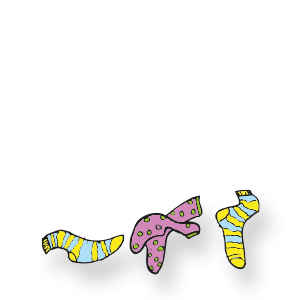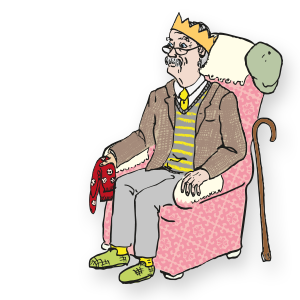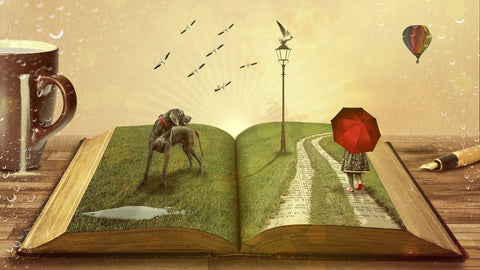

The Power of Book Therapy

Written by Claire Robertson
I have always been a bookworm – I can still vividly feel the excitement of opening up a new Mallory Towers story after saving my weekly 50p pocket money, dipping into my Nan’s Catherine Cookson collection, or finding an exciting new book in our tiny local library. Many books were forgettable, the equivalent of a marshmallow – sweetly enjoyable at the time but the pleasure transient. The best, however, have stayed with me and have shaped who I am - I have learned valuable lessons through their pages, and really feel that I know the characters. They have followed me from place to place, and opening their increasingly worn pages it feels as if old friends (or enemies) are there, waiting for my return. Logan Mountstuart, William Boyd’s spy and art-appreciator, never fails to move me from within the pages of Any Human Heart; I lived Life After Life with Kate Atkinson’s Ursula Todd (and the wonderful Teddy), and long to re-join Lyra in the next Book of Dust. Each has entertained and moved me, added to my knowledge of history, and most of all, my understanding of myself. For in each of them, and many others, I have found aspects of myself, attributes I would like to have, or lives I would like to live.
Studying counselling at university I was tasked with writing a book review with a difference: using a favourite novel to explore my own goals and motivations, the fears holding me back and the traits that I could develop to move forward. It was a powerful form of therapy, and twenty years on it is an exercise that I regularly use when I’m feeling sad, stuck, perplexed or unmotivated. Recognising our own emotions and problems experienced by another, even if they happen to live only between the pages of a book, can be useful in exploring the root of our feelings and solutions to our challenges. It can help us feel less alone, finding solidarity with someone who feels as we do. If I feel triggered by a character I often journal around this reaction – and usually realise their behaviour or attitudes mirror something I would like to change in myself. When I feel admiration, I ask myself which of that person’s traits I could develop in myself, or how
Try this
If you’d like to use book characters to explore yourself, think of a novel that has stayed in your mind (or one you are currently enjoying), and journal around the following questions:
- Which character are you most drawn to?
- How do they make you feel?
- Identify three or more things about them that appeal to you. This could be the way they are, things they do or situations they are in.
- How are they similar to you?
- How are they different to you?
- What do you admire about them? Do you recognise any of the same traits or behaviours in yourself? How could you develop these?
- Is there anything you dislike about them? Are they similar or different to you in this regard? How could you work on this?
- Is one thing about this person’s personality or life that inspires you to do something differently? How could you go about this (starting with just one small action)?
Try exploring the same questions for other characters in the story - those you liked best, or disliked, the ones you felt most or least empathy for, those you felt were treated unfairly or who you’d most like to have a coffee (or a relationship) with.
Claire Robertson, Ollie Coach
Claire Robertson is an Ollie Coach and NLP practitioner with a degree in psychology. She runs a private practice in the West Midlands, in the heart of Shropshire, working with children, young people and adults. Claire is also a university lecturer specialising in business, marketing and supporting students, has two children, and enjoys reading, crafts and walking.
To get in contact with Claire, email Claire.robertson@ollieandhissuperpowers.com

